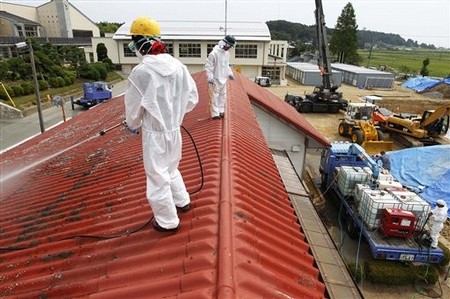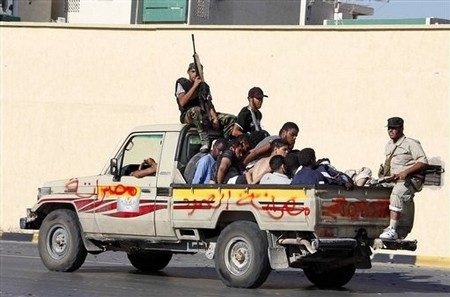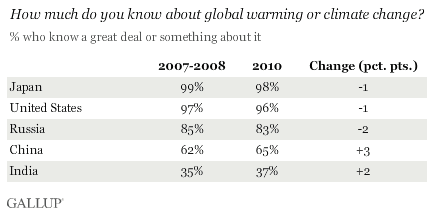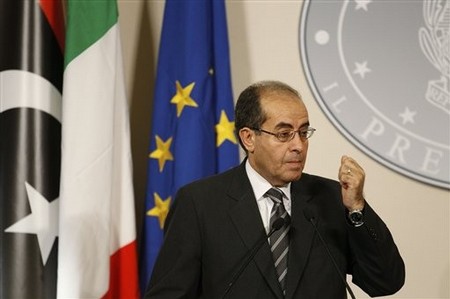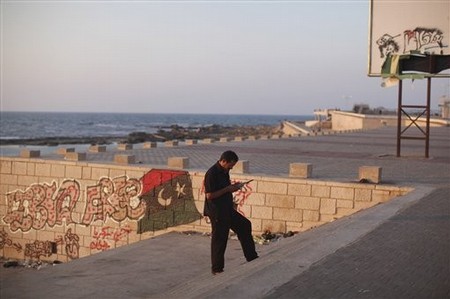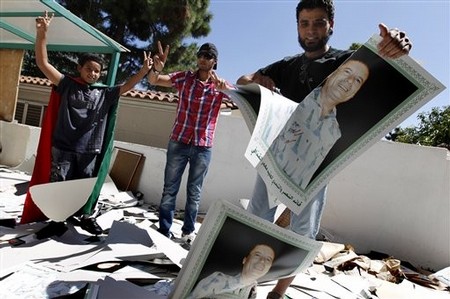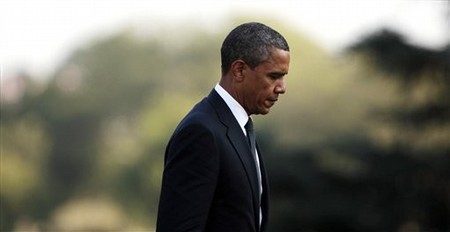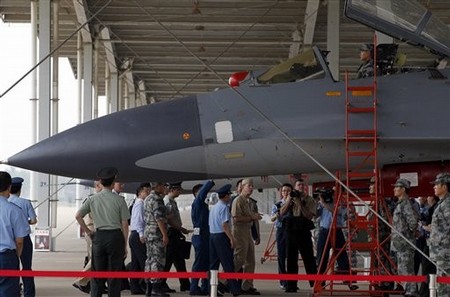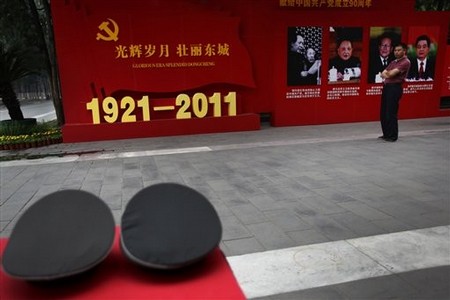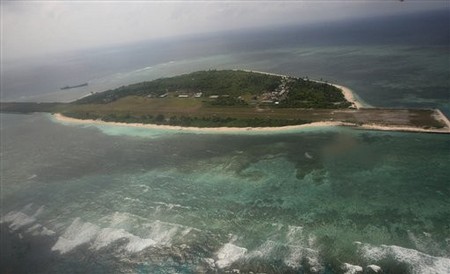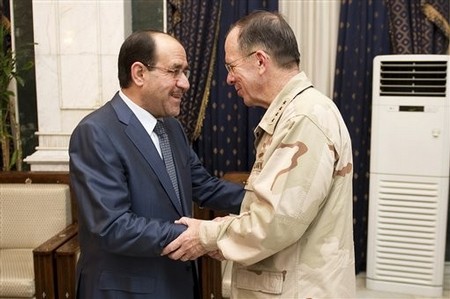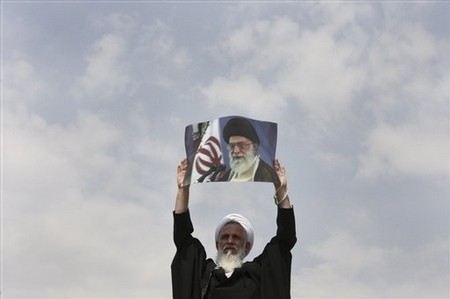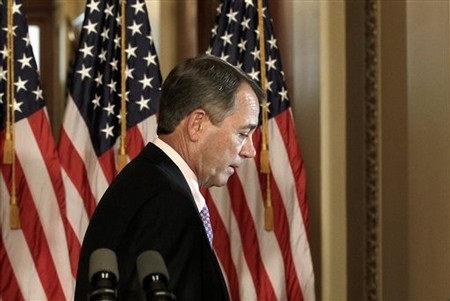Leon Sigal’s piece in the National Interest on "Using the Carrot in North Korea" has numerous troubling issues from my perspective, the most prominent of which is: has Sigal or his editors been paying any attention to recent history on the peninsula?
Sigal writes: “[M]utual deterrence makes the likelihood of deliberate aggression on the peninsula quite low.” Really now? Was Sigal serving on a sequestered jury for the entire period between, say, March 26, 2010 (the sinking of the Cheonan) to Nov. 23, 2010 (the shelling of Yeonpyeong)?
As things stand, it’s fairly clear that North Korea has opened an intermittent war against the South, and that South Korean and American deterrence against the North is failing. Sigal's answer is the same cocktail of impotent diplomacy and extortion payments that made North Korea a nuclear power and extended Kim Jong-il's longevity, while doing the exact opposite for the great majority of his pitiful subjects.
Next, Sigal proceeds to cast all of the current tension as the fault of President Lee of South Korea, for abandoning “engagement.” But effectively, this approach translates to propping up Kim Jong-il with billions of dollars in cash, aid efforts which do not purchase any real reform, relaxation of oppression, renunciation of drug dealing, counterfeiting, proliferation, or any other pullback in aggression toward the South. I’d like to ask Sigal: is this reality at all Kim Jong-il's fault, or does he have an excuse for it all?
Perhaps we just need a larger carrot to compete with the Russians, with whom Kim is meeting this week. Or perhaps we need to reconsider the value of Ronald Reagan’s saying from the perspective of the South: “To sit back hoping that someday, some way, someone will make things right is to go on feeding the crocodile, hoping he will eat you last – but eat you he will.”

